This post contains affiliate links to products and or services. I may receive a small commission for purchases made through these links, but with no additional costs to you.
When it comes to beer, Germans may know a thing or two. Ok…they know A LOT! They’re experts at brewing it, drinking it and keeping German traditions alive and well.
In the spirit of it being Oktoberfest right now, which officially kicked off on September 22nd and ends on October 7th this year, I thought I’d dedicate a post to the Bavarian Purity Act of 1516. This purity law is still intact to this very day and followed quite strictly by Germans. For those of you that live under a rock and have never heard of Oktoberfest, I’ll give you the brief rundown of what it is.
Read more: 25 Photos That Will Inspire You To Book A Trip To Germany
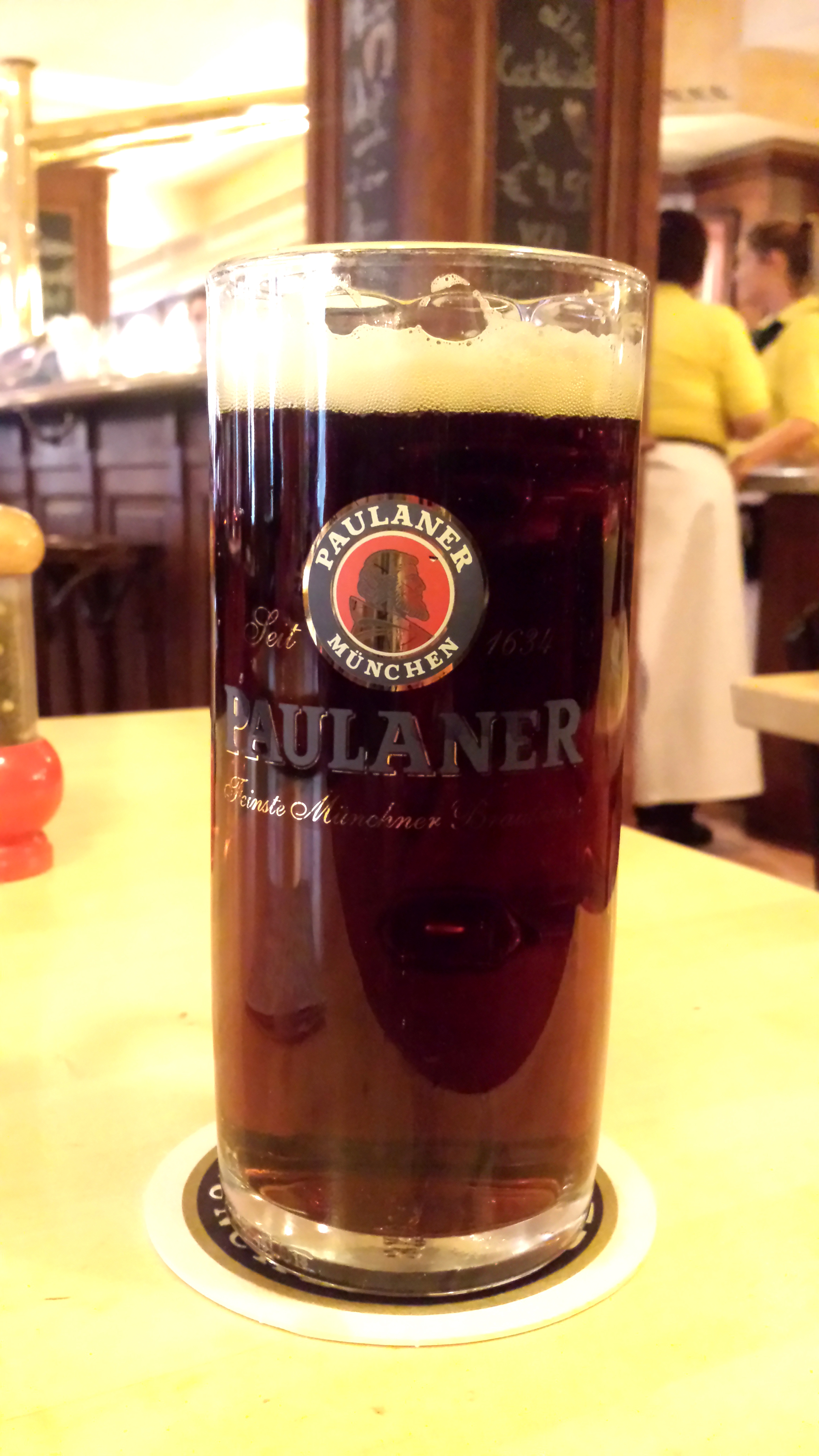
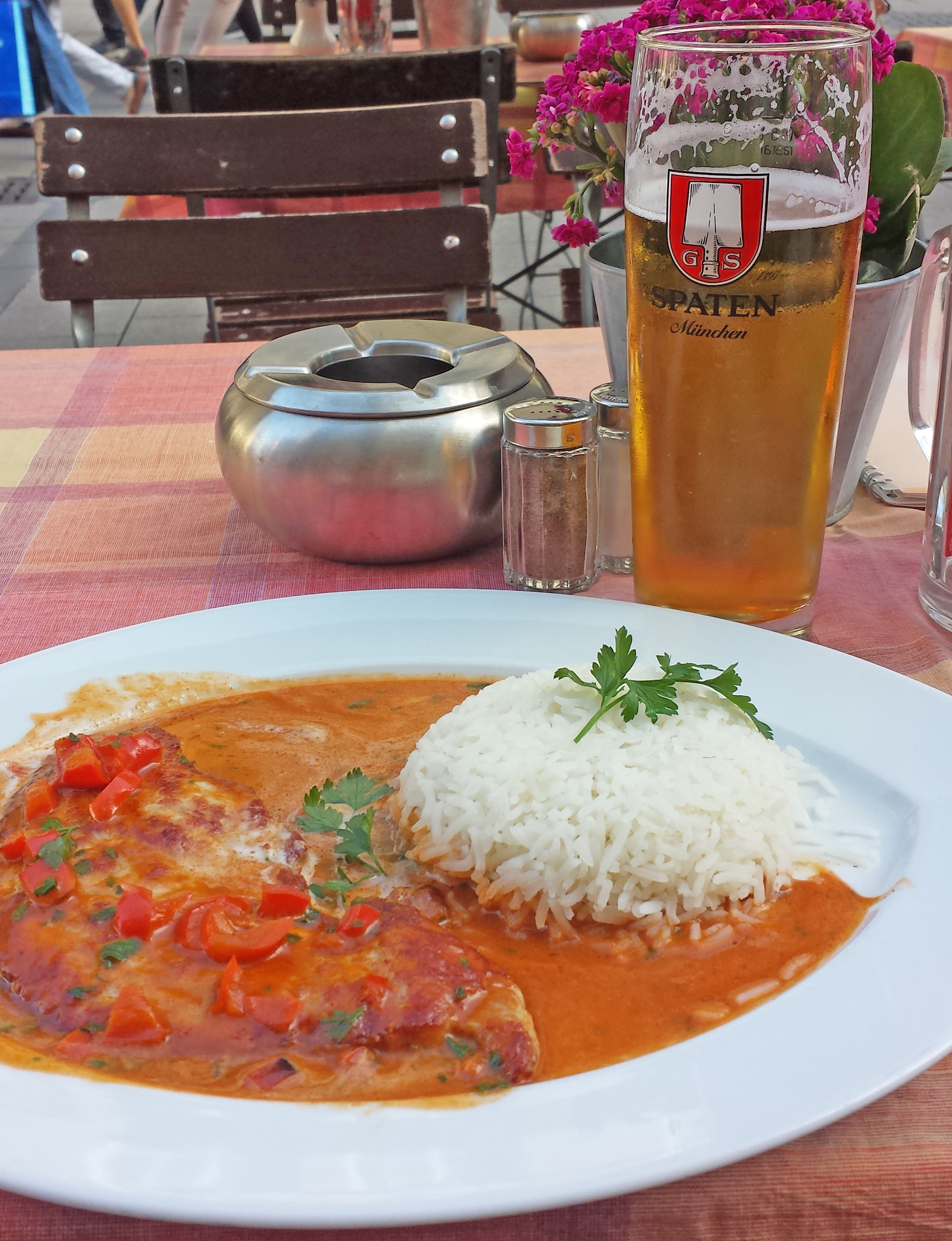

Oktoberfest is the largest Volksfest (beer festival and carnival) in the world and is held in Theresienwise (Theresa’s Meadow). The history behind Oktoberfest was to honour and celebrate the marriage of King Ludwig I (1825–1848) and Princess Therese of Saxe-Hildburghausen on 12 October 1810. The citizens of Munich were then invited to attend and celebrate the event. Sounds like a good party! It now hosts up to six million people every year and a staggering amount of Oktoberfest beer is drunk every year. In 2013, studies show that a whopping 7.7 million litres of liquid gold was drunk at Oktoberfest. That is pretty impressive, considering each stein (or Maß in German- pronounced Mass) is a litre in size, although you can get smaller sizes, but I mean…who does that?
Read more: Exploring the vibrant and bustling port city of Hamburg, Germany
Read more: A city guide to exploring Bremen, Germany
Read more: How to spend a day discovering Hannover, Germany
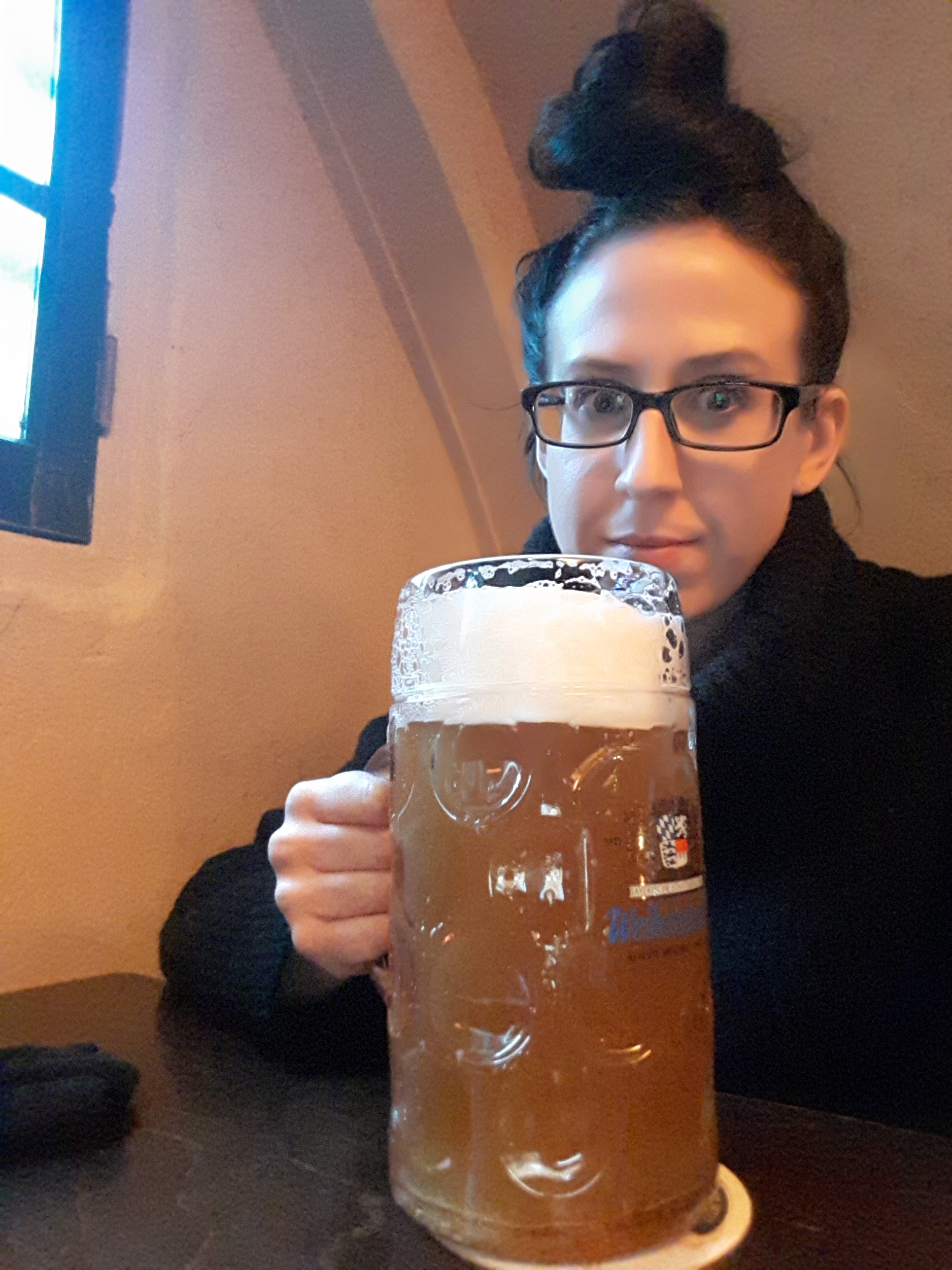

Ok, now back to the Purity Law.
Reinheitsgebot, also known as the Bavarian Beer Purity Law and Bavarian Beer Ingredient Law, was enacted in 1516. This law means that beers made with just three ingredients; hops, barley malt and water (yeast was still unknown at the time) in order for it to be labeled a “pure” German beer. Beer was considered a food staple at the time, so it HAD to be made to precise measures. Water quality wasn’t the best 500 years ago, so the German people drank the amber liquid in large quantities to keep their thirst at bay, which is funny because alcohol dehydrates you, but hey, what do I know? 😉
Read more: Frankfurt, Germany – How to spend a day exploring Germany’s financial hub
Read more: How to spend a day exploring Heidelberg, Germany
Read more: Spending a gorgeous autumn day visiting Neuschwanstein Castle
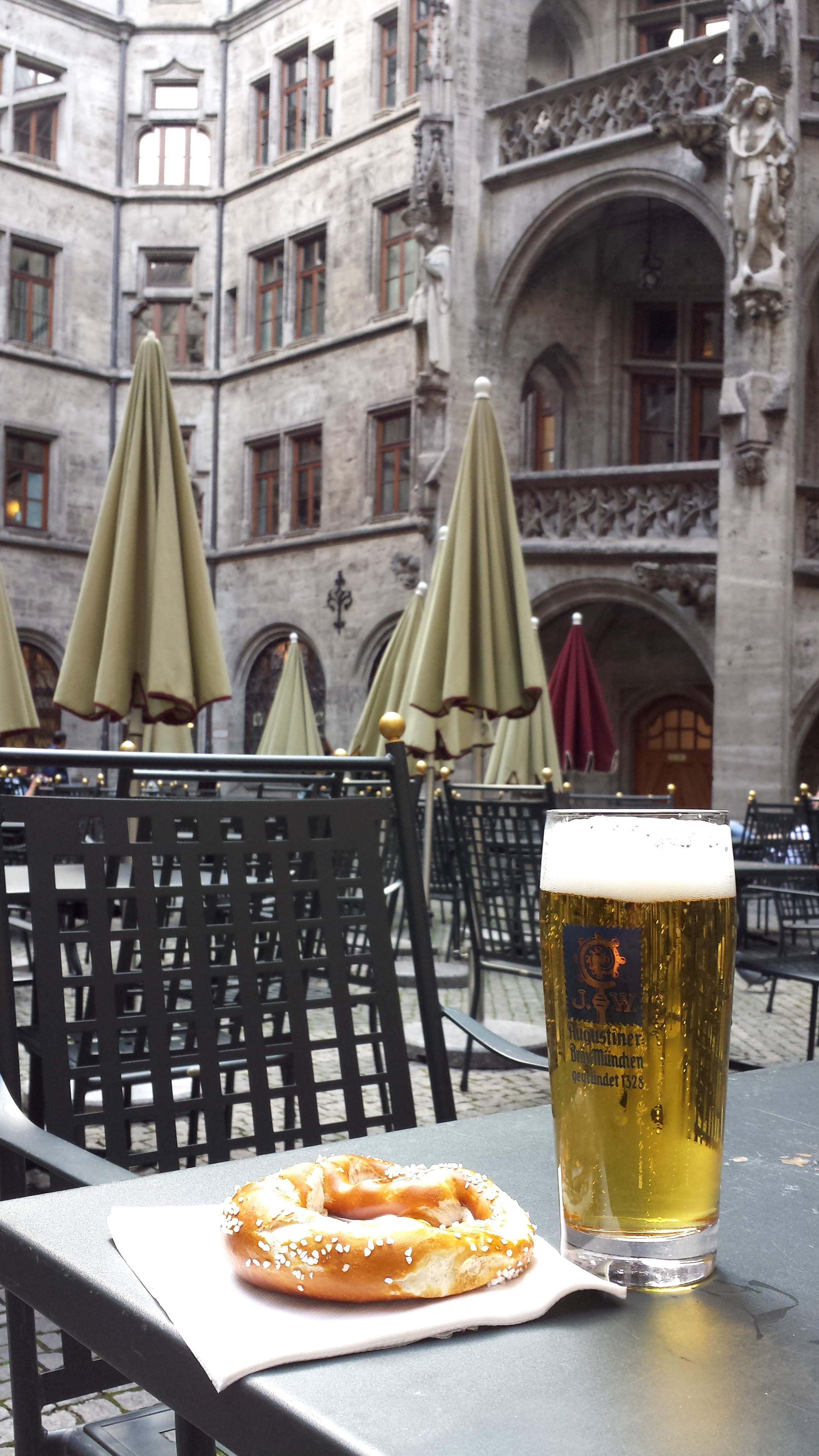

During Oktoberfest, only beers and breweries in Munich that abide by Reinheitsgebot are allowed to be served. The six main Munich breweries that provide beer to the festival are Augustiner, Hacker-Pschoor, Paulaner, Spaten, Löwenbräu and Hofbräu-München (owned by the Bavarian State Government). All of these Munich breweries have been around for hundreds of years, so they have beer brewing down pat. Below are the years that the breweries have been around since:
- Augustiner – established in 1328 and is Munich’s oldest independent brewery
- Hacker-Pschoor is the merger of two breweries, but Hacker was formed back in 1417, almost 100 years before the Reinheitsgebot came into law
- Löwenbräu (Lion’s Brew in German) has been around since 1383
- Paulaner was established in 1634
- Spaten was established in 1397 and in 1867 it became the largest brewery in Munich
- Hofbräu-München was established in 1589 and Munich’s famous Hofbräuhaus am Platzl (Hofbräuhaus) is Munich’s oldest beer hall.

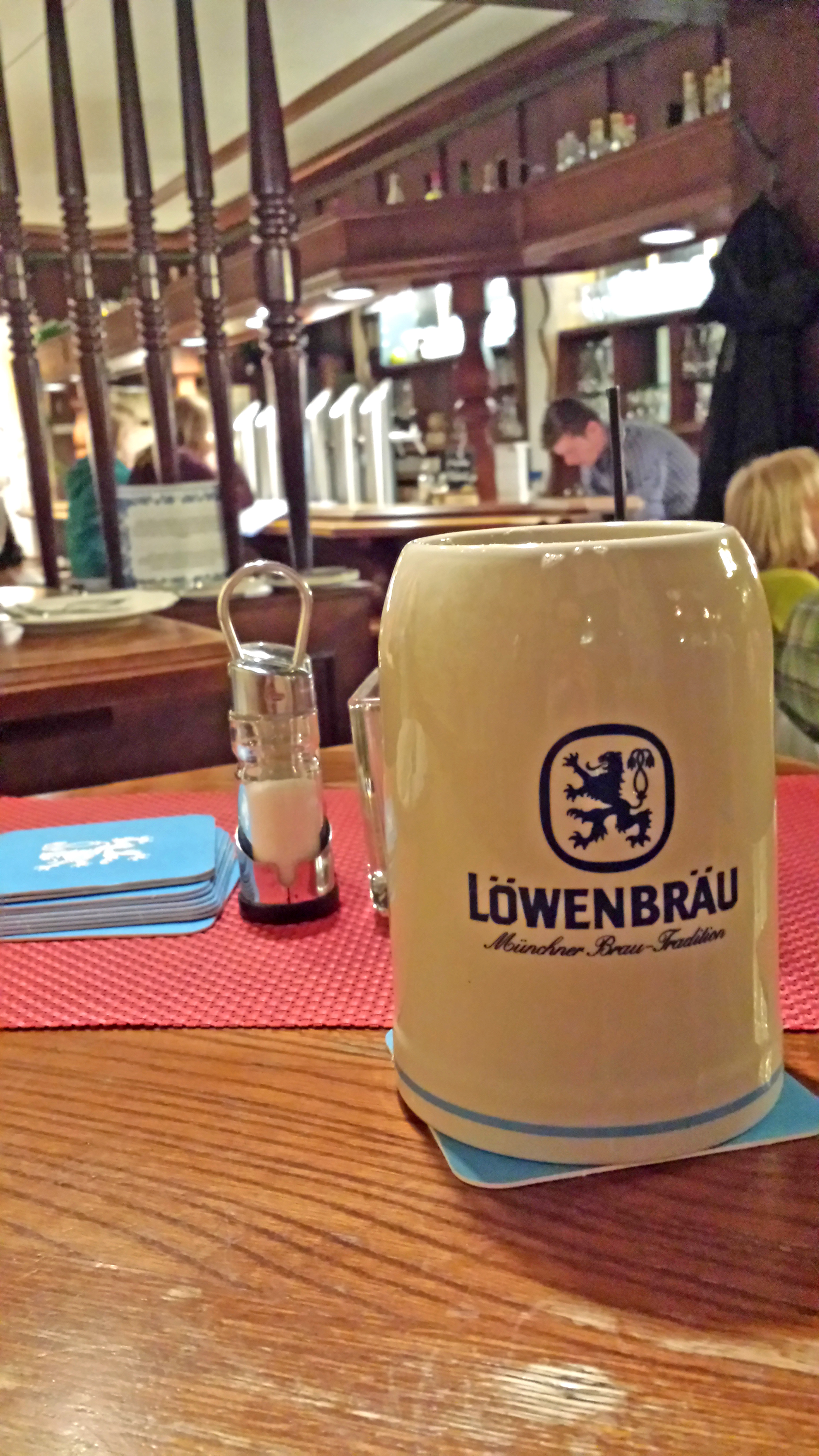
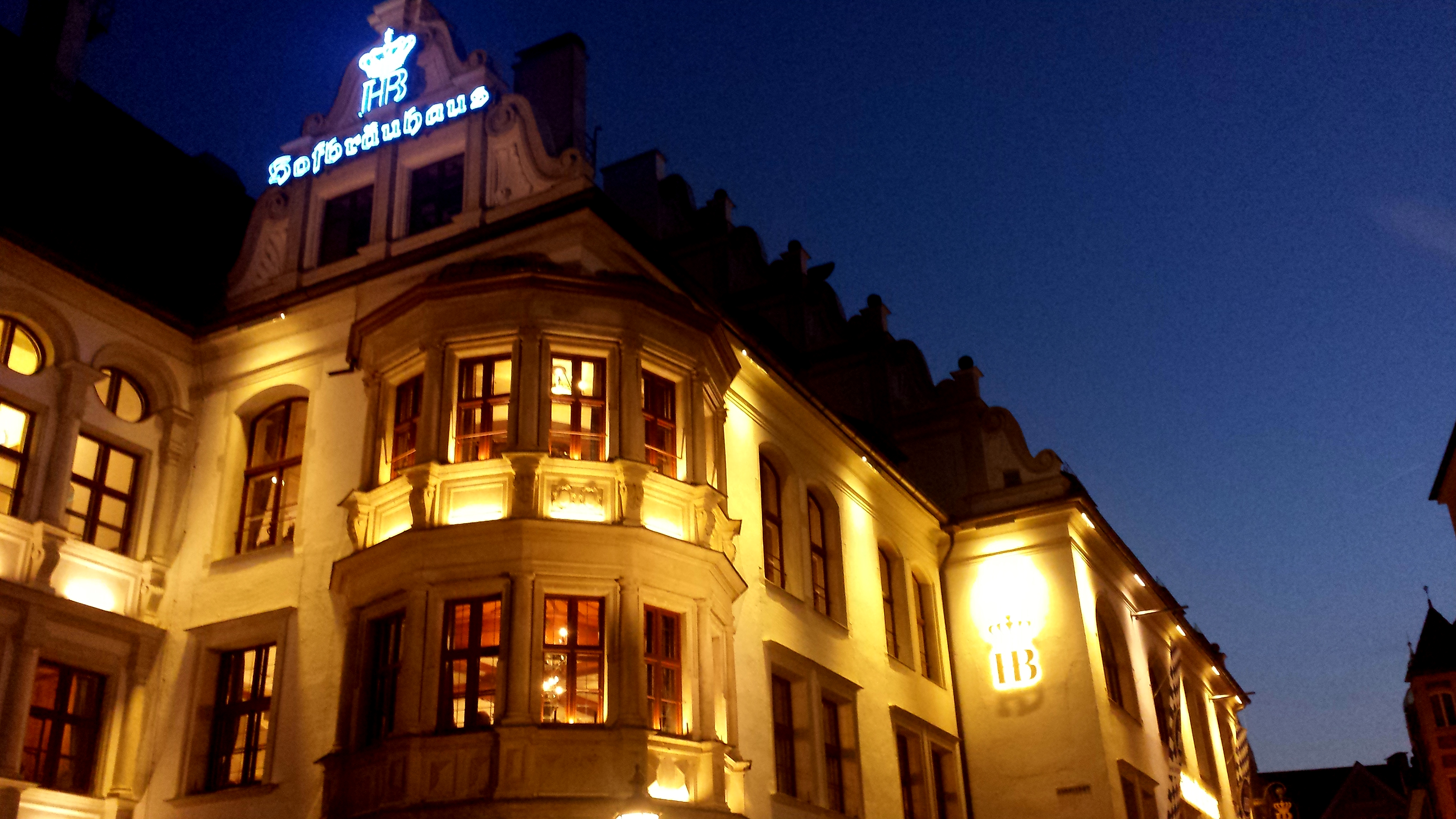

German beer brewed by the Purity Act is by far my favourite. It’s always tastes fresh and I love how there aren’t any secret ingredients, such as foam enhancers and syrups added (I won’t mention which company does that, but ya…foam enhancers? Really!? GROSS). Other German beers that I love are Weihenstephan Hefe Weissbier, Erdinger, Becks and a dark black beer that tastes and drinks like a lager (spoiler alert…it actually IS a lager) Köstritzer Schwarzbier.
Read more: How to spend 48 hours in Munich
Read more: 7 German cities I fell in love with
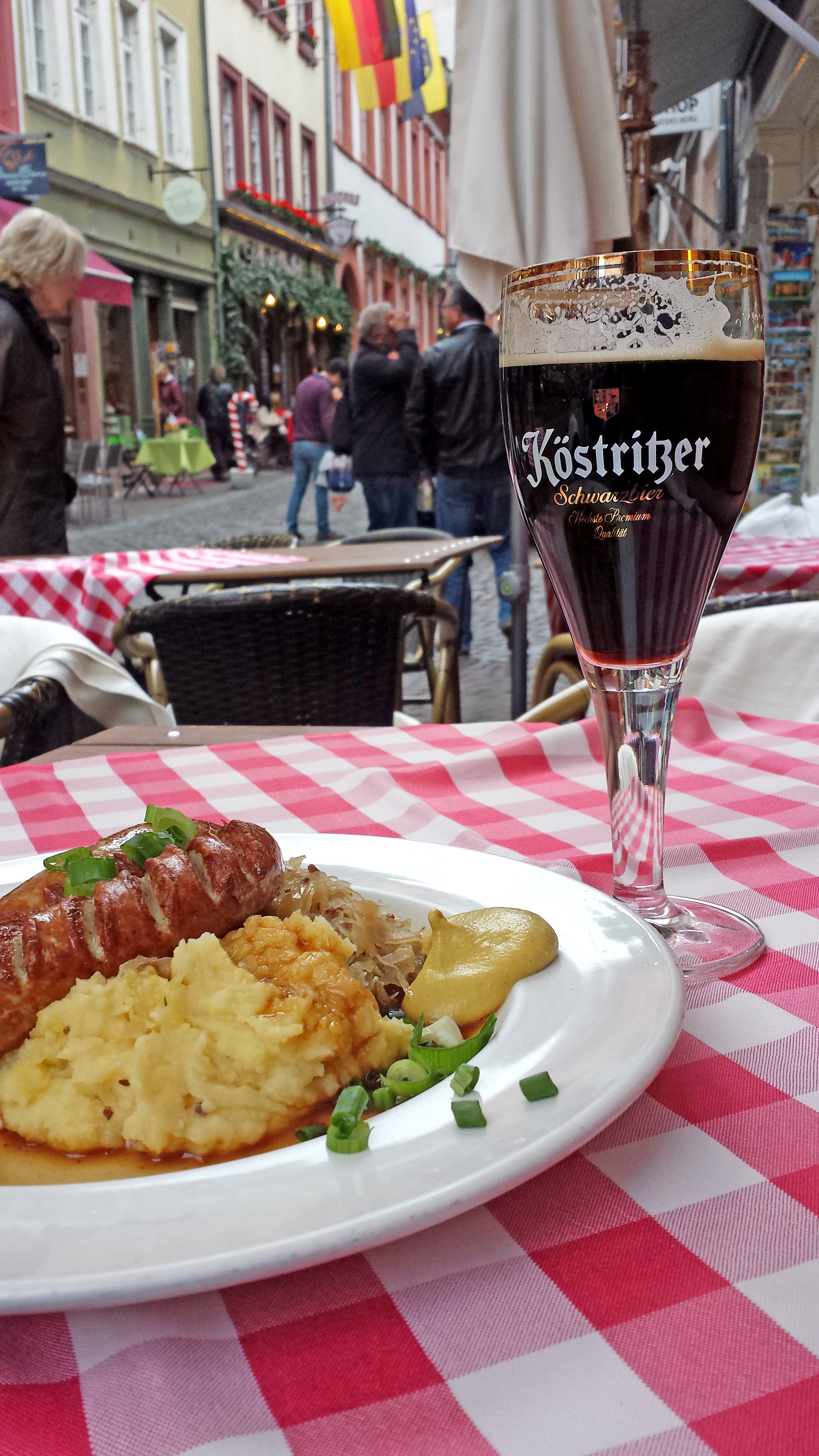
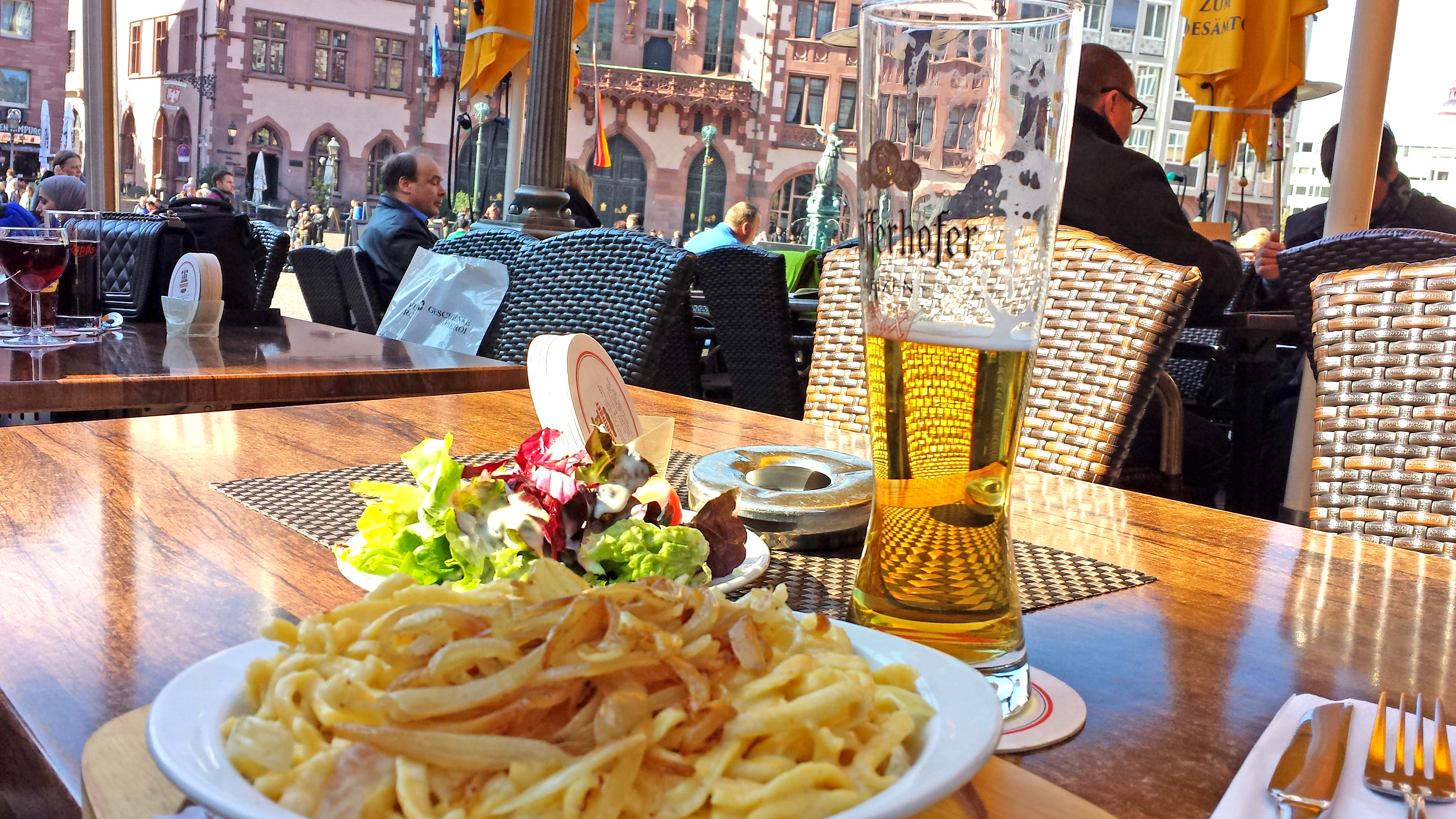
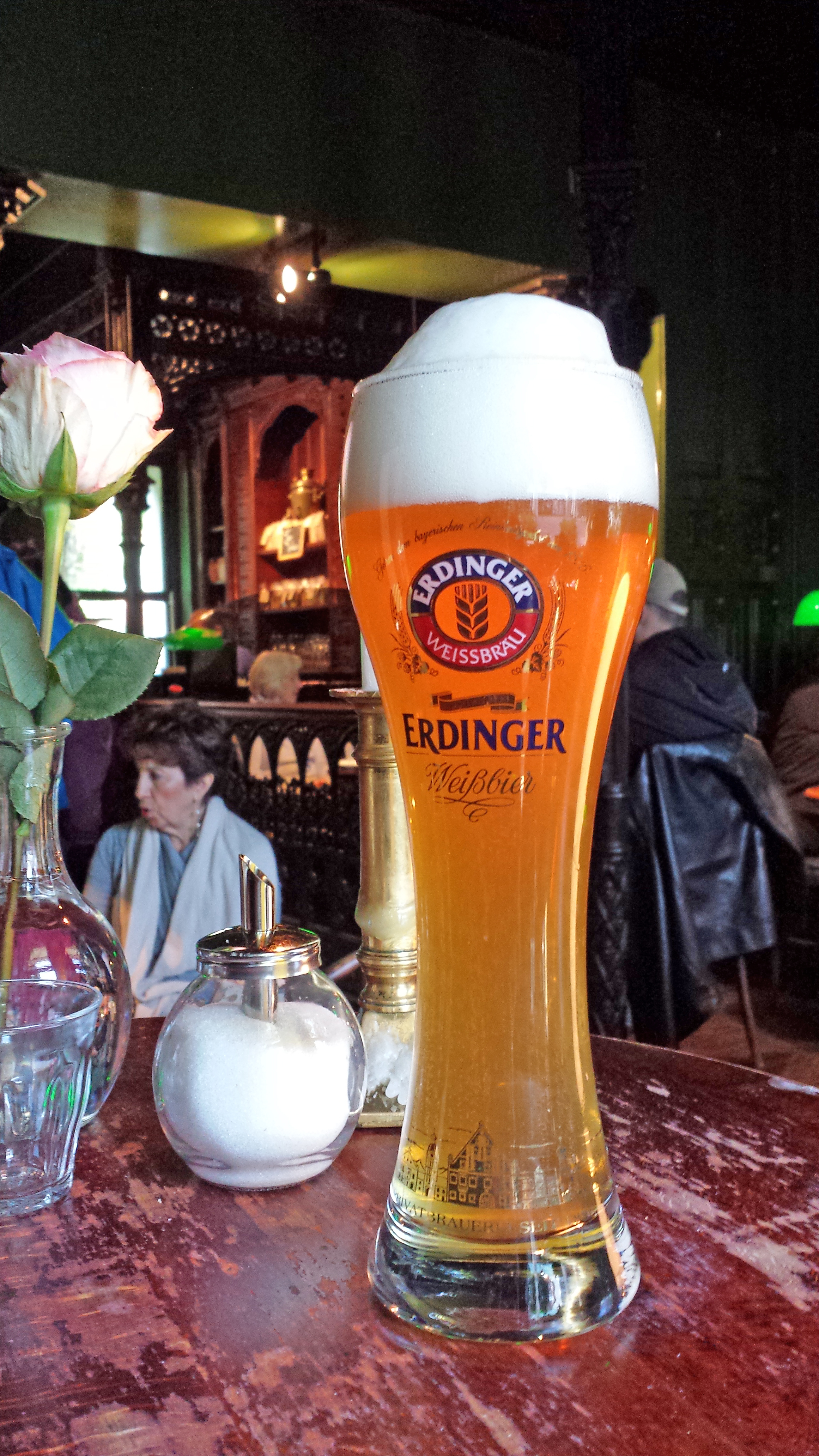
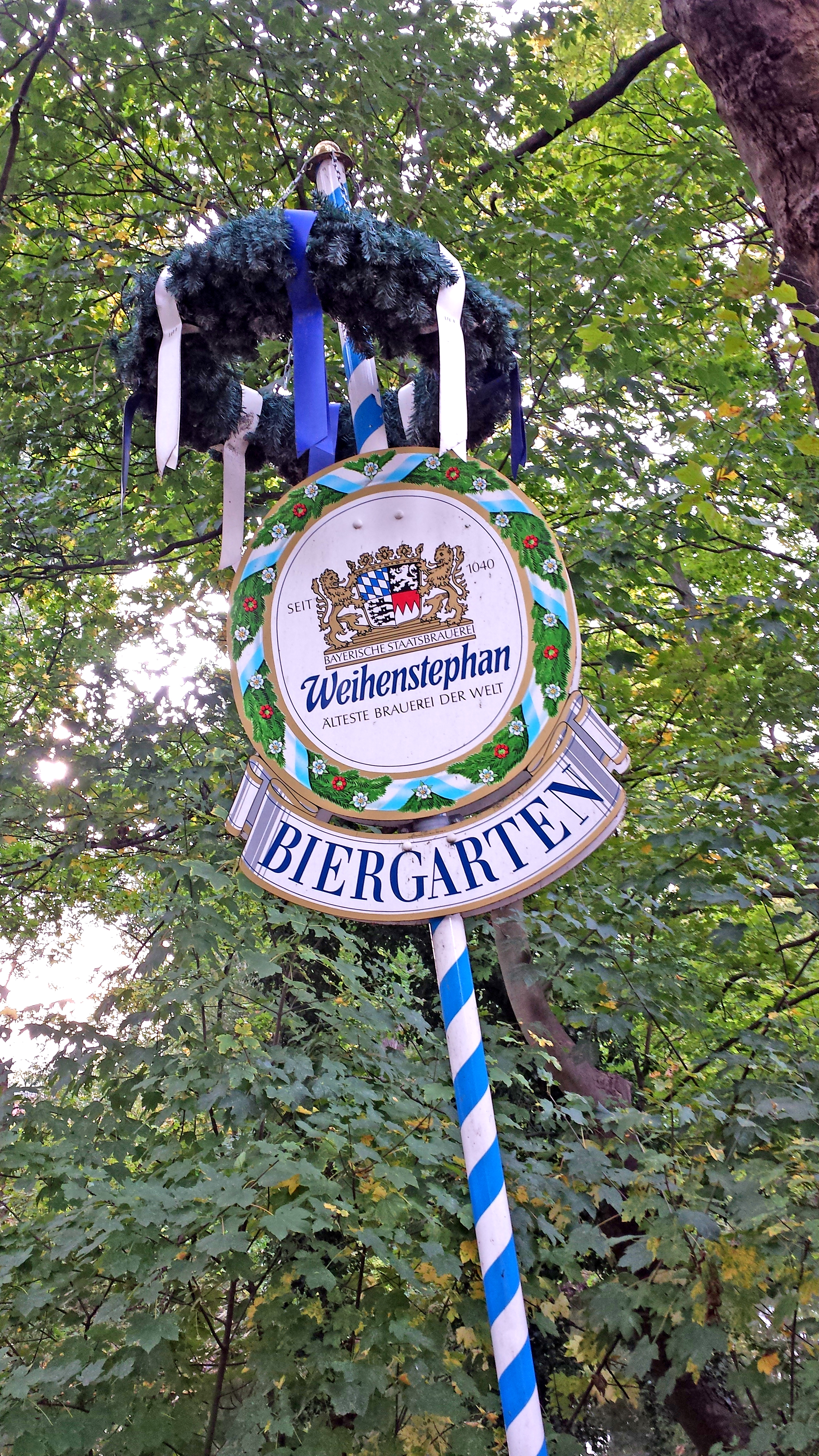
With so many choices of beers in Germany, you’ll have a hard time choosing just one to have with your meal. Go ahead and have two, I won’t tell. 😉
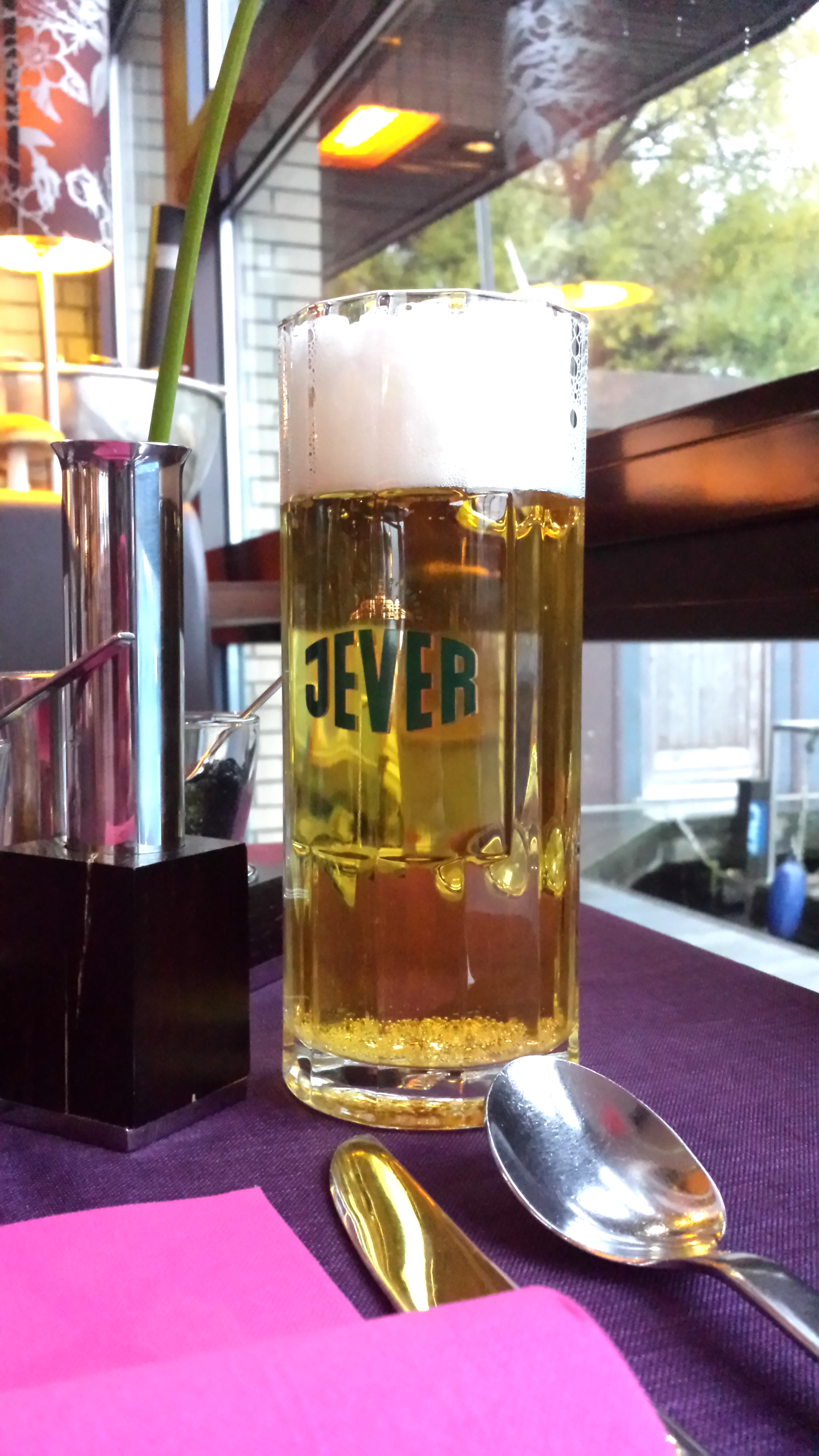
Do you guys like beer at all? If you do, which is your favourite type to drink? Have you had any of the beers I’ve mentioned in this post? Let me know in the comments below! Prost! xo
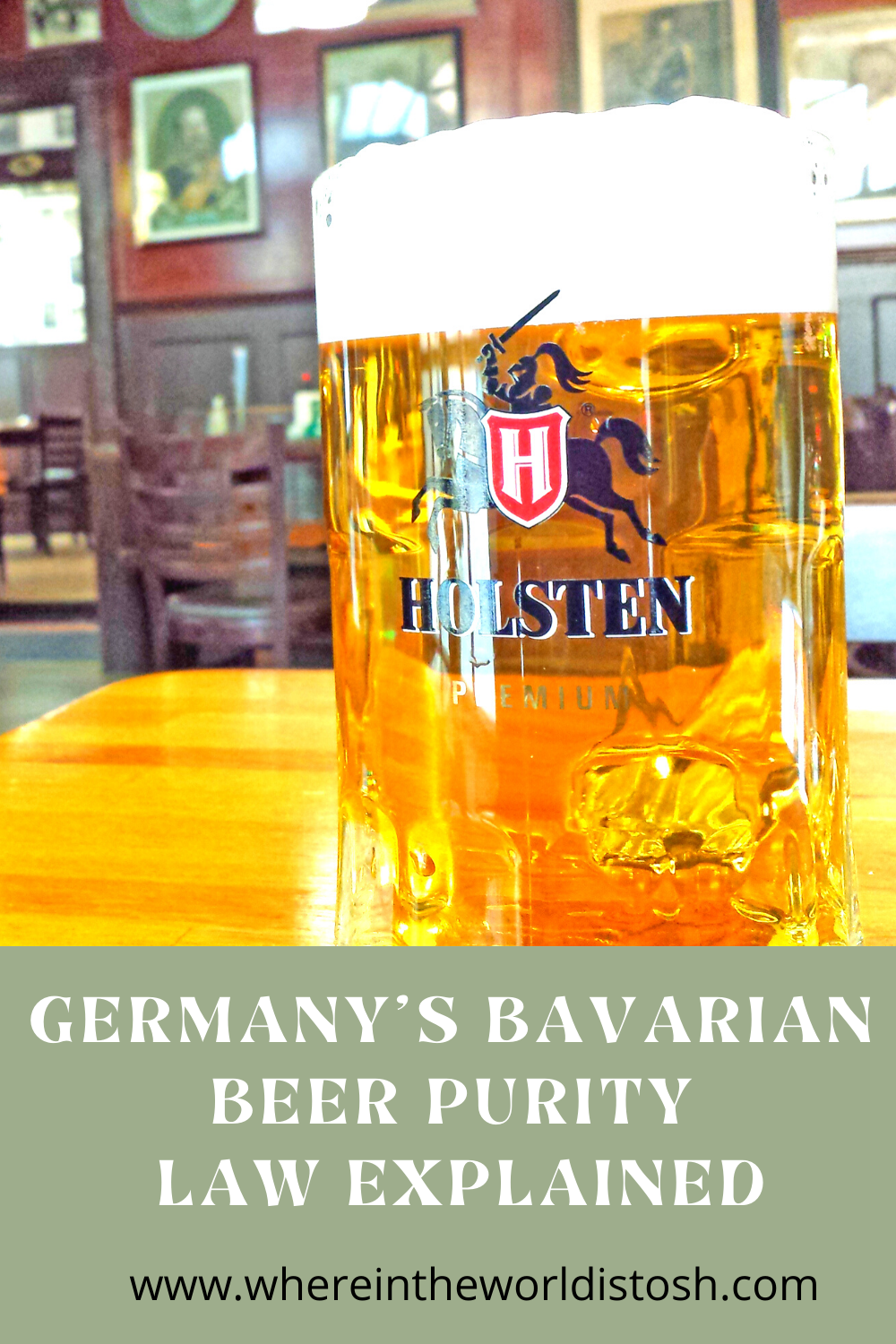

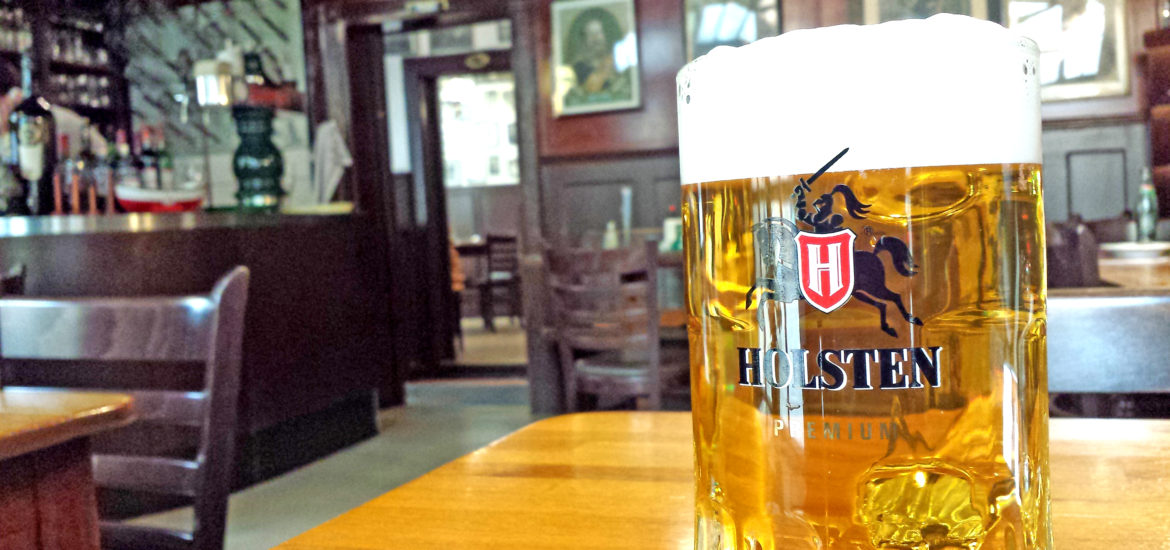
Saved as a favorite, I really like your blog!